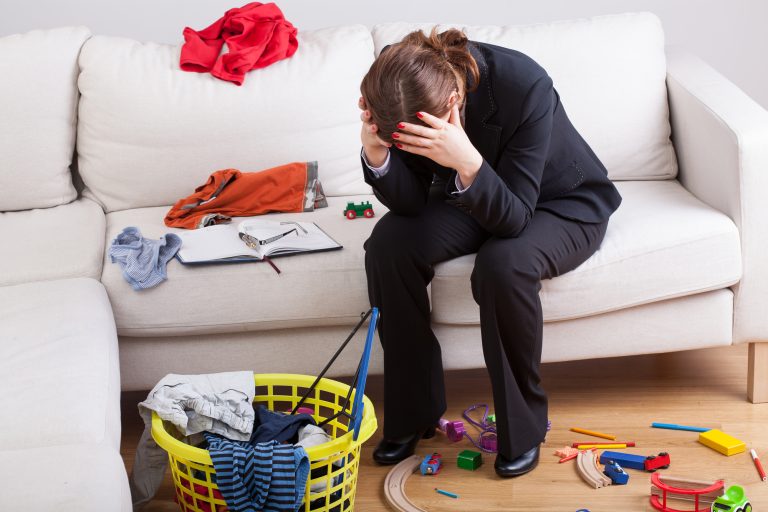The relationship between marital status and happiness is complex and varies among individuals. Numerous factors influence happiness, and it’s crucial to recognize that the correlation between marriage and happiness doesn’t imply causation. While some studies suggest that married individuals tend to report higher levels of life satisfaction, it’s essential to consider the diversity of marital experiences.
Marriage can provide emotional support, companionship, and a sense of security, contributing positively to overall well-being. Shared responsibilities and a built-in support system can enhance life satisfaction for many couples. However, the quality of the marriage matters significantly. Unhealthy or strained marriages may lead to decreased happiness and well-being.
On the other hand, single individuals can lead fulfilling and happy lives, enjoying independence, freedom, and diverse social connections. Personal happiness is influenced by various factors, including individual goals, personality traits, and the presence of a supportive social network.
Ultimately, happiness is subjective, and the key lies in finding a lifestyle that aligns with one’s values and aspirations. It’s not about marital status alone but the quality of relationships and the ability to live authentically that profoundly impacts individual happiness.






